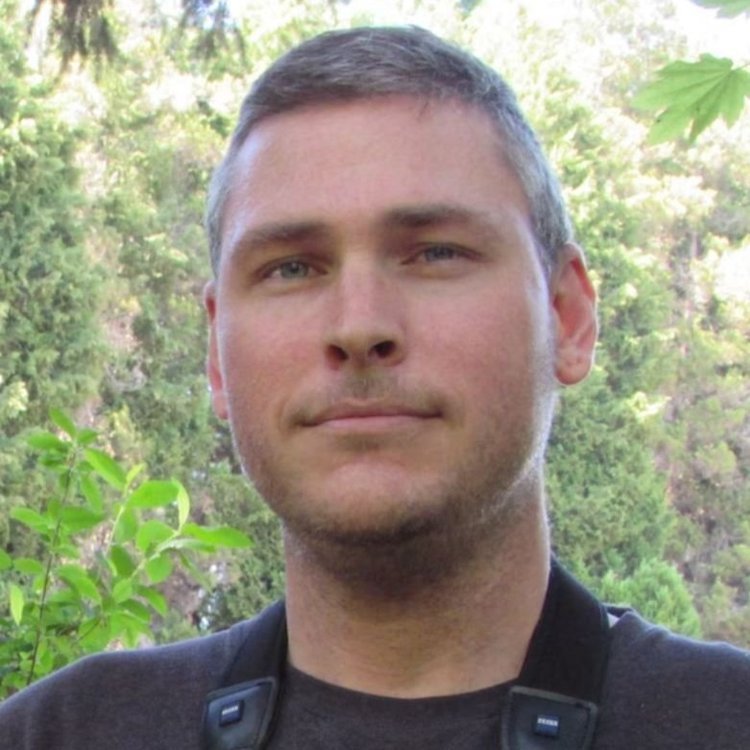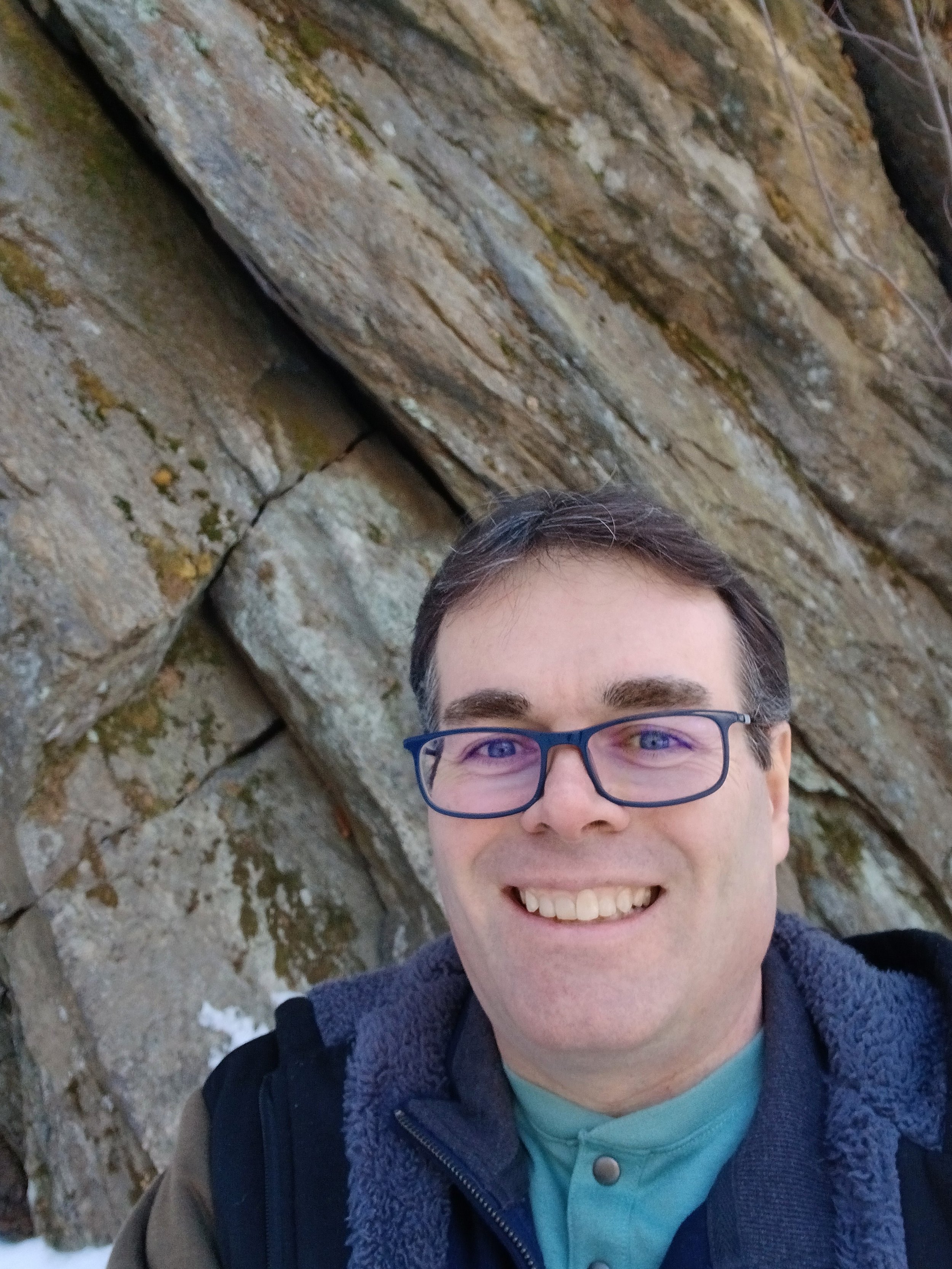-
A good understanding of sampling and experimental design techniques is vital when planning a research study in ecology and wildlife management. Good design leads to effective use of research money, time and effort, whereas poor design can lead to a study of little use, and hence a waste of these resources. Sampling techniques are useful when planning an observational study, such as a survey, whereas experimental design techniques are of use when planning an experiment. In the sampling modules, we will cover random vs. systematic sampling, stratification, hierarchical sampling, use of covariates, trend analysis, and introduce specialized techniques such as capture-mark-recapture and distance sampling. In the experimental design modules, you will learn about randomization, replication and pseudo-replication, controls, blocking, use of covariates, factorial treatments, before-after control-impact (BACI) designs, and trend analysis. In both sections of the course, we will show you how to perform power/precision analysis in order to assess what sample sizes might be required for the study to provide useful information.
This is a 1-credit equivalent academic course (16 contact hrs + additional work) where you learn at your own pace over 3 months.
-
Learn at your your own pace with or without instructor support (see Online Course Format Chart below for details).
Winter: December 1, 2025 – February 22, 2026 (Early bird ends November 2nd)
Spring: March 2 - May 24 2026 (Early bird ends February 1)
*Early bird saves $75
-
A basic understanding of probability and statistical methods, and some experience with using R (e.g., R Boot Camp for Ecologist and Wildlife Biologists)
-
TOPICS
Defining the Objectives
Spatial, Temporal and Sampling Variability
Detectability
Bias and Variance
Statistical Population and Sampling Frame
Systematic vs Random Sampling
Stratified Random Sampling
Double Sampling
Multi-Stage Sampling
Distance Sampling
Mark-Recapture Sampling
Sample Size Calculations
Large-Scale Monitoring
Trend Estimation
Randomisation and Replication
Pseudo-Replication
Scale of Inference
BACI Designs
Blocking and Covariates
Factorial Treatments
Use of Error Degrees of Freedom
Precision and Power Analysis
Repeated Measures Experiments
Change-Over (Cross-Over) Designs
Internal and External Validity
Quasi-Experiments
Propensity Scores
LEARNING OUTCOMES
Understand the key concepts involved in planning a research study
Gain practice in applying these concepts using ecological examples
Understand the pros and cons of different designs
Understand the concepts of power and precision
Gain experience in performing power/precision analysis using R
Gain an overview of specialist techniques such as mark-recapture and distance sampling
COURSE OPTIONS & INFORMATION (Review chart above, then click below)
-
FORMAT:
3 months of access to course materials as you work at your own pace
CONTINUING EDUCATION:
16 CEUs with The Wildlife Society
4 CEUs in Category I(a): Scientific Education and Training with the Ecological Society of America
Go to our Continuing Education Page for more details
-
FORMAT:
3 months of access to course materials as you work at your own pace
Get instructor support for the 3-month term via email, discussion threads, group meetings, and one-on-one appointments
After working through the course materials, set up an optional 1-hr meeting with the instructor to discuss your own personal project from work or school
CONTINUING EDUCATION:
16 CEUs with The Wildlife Society
4 CEUs in Category I(a): Scientific Education and Training with the Ecological Society of America
Go to our Continuing Education Page for more details
CERTIFICATIONS:
Earn 1 credit toward certification as an Associate/Certified Wildlife Biologist® (at any level) with The Wildlife Society
-
FORMAT:
12 months of access to course materials as you work at your own pace
Get instructor support for the 3-month term via email, discussion threads, group meetings, and one-on-one appointments
After working through the course materials, set up an optional 1-hr meeting with the instructor to discuss your own personal project from work or school
CONTINUING EDUCATION:
16 CEUs with The Wildlife Society
4 CEUs in Category I(a): Scientific Education and Training with the Ecological Society of America
Go to our Continuing Education Page for more details
CERTIFICATIONS:
Earn 1 credit toward certification as an Associate/Certified Wildlife Biologist® (at any level) with The Wildlife Society
Earn 1 credit towards a professional certificate in Applied Quantitative Ecology with CWS
ACADEMIC CREDIT:
Earn 1 academic credit (go to our Academic Credit Page for details)
Earn an additional 1-2 academic credits with an Applied Project
INSTRUCTOR
“Undertaking the Research Design course proved to be an invaluable experience. While I had covered experimental design in my undergraduate biostatistics courses, this course was specifically tailored to sampling in the context of wildlife research, an area that had not been addressed in my previous studies. Dr. Fletcher, our instructor, was outstanding. His expertise and guidance were evident throughout the course, and he consistently provided valuable feedback and advice. What truly set this course apart were the examples and exercises, which were not only relevant but also practical, allowing me to apply the concepts directly to my field of interest. I came to realize just how critical appropriate sampling and experimental design are in ensuring the reliability of estimates for wildlife management. I wholeheartedly recommend this course to anyone looking to enhance their research planning skills and produce robust, dependable results in ecological studies.”
Jai Thomas
Ecologist, Mount Gibson Iron Limited, Koolan Island Operations
“David Fletcher’s Research Design course draws on a wide variety of real-world ecological research to illustrate how sampling strategies, treatment allocation, and other design considerations affect the scale of inference, precision, and power of scientific study. I learned to avoid the pitfall of pseudoreplication from a clam density survey in New Zealand; how to control for natural variation between experimental units through a cross-over design study of puma attacks on alpacas in Chile; how to work with repeated measures data from an investigation of turkey poult growth in Iowa; and much more. By taking this course, I have identified ways I can tighten up my own research, improved my competency in the R programming language, and will be a more critical consumer of ecological literature.”
Josh Morris
Urban Conservation Officer, Birds Connect Seattle
“Dr. Fletcher’s Research Design course covers a variety of topics. An overview of Sampling, Experimental, and Quasi-Experimental designs leads to a deeper understanding of the types of considerations that should be taken into account before any research project. Determining the proper sample size for statistically significant results, avoiding pseudoreplication, weighing the pros and cons of stratification and blocking, and achieving the desired scale of inference are just a few of the valuable skills that can be gained from this course. These topics are presented in such a way that transferring them from this class to a real world project should be seamless. I would strongly recommend this class to those looking to gain a strong knowledge base for creating and implementing powerful ecological studies.”
Patrick Pruitt
Secondary Math Teacher, St. Joseph's Catholic School
As a novice researcher who has felt a bit “intimidated” by statistics at times, I found Dr.
Fletcher’s Research Design course at CWS to be an excellent introduction to the topic.
The key principles and techniques of ecological field sampling and experimental design
were presented in a clear and logical manner. Diverse examples from the ecological
literature were used throughout the course, which made the material more engaging
and relevant. But what really set this course apart was Dr. Fletcher’s command of the
subject, especially when addressing the unique design challenges that arise when
studying wildlife and other ecological phenomena. His insight and perspective on these
challenges, as well as the practical tools he provided to help overcome them were
particularly valuable. Thanks to this course, I no longer feel intimidated by the thought of
designing my own ecological field study – in fact, I am looking forward to it!
John Sullivan
Principal Ecologist at Resilient Ecology, New Preston, Connecticut
SCHOLARSHIPS
Full scholarships are available to participants from countries designated as “lower income” and “lower middle income” in the World Bank List of Economies. Please see our CWS World Scholars Program page for details.
CANCELLATION POLICY
Cancellations 30 days or more before the start date are not subject to cancellation fees. Cancellations <30 days before the start date are subject to a 50% cancellation fee. No refunds once the course begins.







